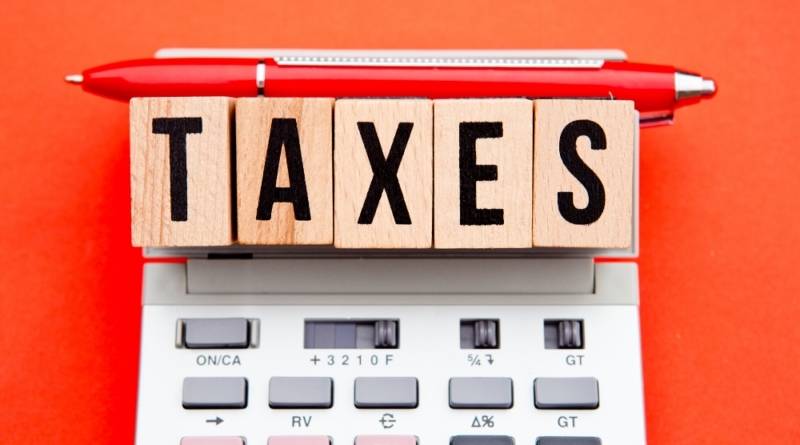Options trading, a dynamic and compelling investment strategy, involves the buying and selling of contracts that derive their value from underlying assets like stocks, bonds, currencies, or commodities. While the potential rewards of options trading are enticing, it’s imperative to understand the tax implications that come with these ventures. In this article, we delve into the intricacies of options trading tax rates, ensuring you’re well-informed for your financial endeavors.

Image: myxteam.org
The Tax Treatment of Options Gains and Losses
The taxability of options trading proceeds hinges on the classification of the transaction. Options that are held for more than one year qualify for long-term capital gains treatment and are taxed at a lower rate compared to short-term gains. However, options held for one year or less are subject to short-term capital gains tax rates, which align with your ordinary income tax bracket.
When it comes to losses incurred from options trading, the classification follows the same principle. Long-term losses, resulting from options held for over a year, can be used to offset long-term gains. Short-term losses, however, can be used to offset both short-term and long-term gains. If losses exceed gains in a given year, they can be carried forward to future tax years to offset future gains.
Navigating the Tax Maze: Reporting Options Transactions
Accurately reporting options transactions is crucial for tax compliance. The IRS requires detailed information, including the type of option (call or put), the underlying asset, the strike price, the premium paid, and the date of acquisition and disposition. This information should be meticulously recorded to ensure the correct calculation of gains and losses.
Form 6781, Gains and Losses from Section 1256 Contracts and Straddles, serves as the primary reporting mechanism for options trading activities. This form provides a comprehensive breakdown of all relevant transaction details, simplifying the tax reporting process.
The Impact of Wash Sales on Options Trading
Understanding the concept of wash sales is essential to avoid potential tax pitfalls. A wash sale occurs when an individual sells an option at a loss and repurchases a substantially identical option within a 30-day window. In such instances, the IRS disallows the loss deduction, deferring its recognition until the subsequent sale of the replacement option. This regulation aims to curb artificial loss generation and ensure fair tax treatment.
Image: www.researchgate.net
Exempt Options: A Glimpse into Favorable Tax Treatment
Certain types of options are exempt from the typical tax treatment, offering significant tax advantages to traders. Qualified covered calls, for instance, allow individuals to sell covered call options on publicly traded securities without triggering immediate tax consequences. These options are taxed only when the underlying stock is sold. Additionally, stock appreciation rights (SARs) and incentive stock options (ISOs) also enjoy favorable tax treatment, subject to specific eligibility criteria and holding periods.
The Power of Planning: Optimizing Your Options Trading Tax Strategy
Strategic tax planning is vital to maximizing the after-tax returns from options trading. Prudent strategies include holding options for more than a year to qualify for long-term capital gains treatment, offsetting gains with losses, and exploring tax-advantaged investment accounts like IRAs or 401(k)s. Engaging with a qualified tax professional is highly recommended to tailor a personalized tax optimization plan that aligns with your specific financial goals.
Options Trading Tax Rate
https://youtube.com/watch?v=TtuhlMh6jdg
Conclusion
The intricacies of options trading tax rates can be daunting, but armed with the knowledge presented in this comprehensive guide, you’re well-equipped to navigate this terrain with confidence. Remember, a deep understanding of tax implications empowers you to make informed decisions, maximize returns, and ensure compliance with regulations. Consult credible sources, engage with tax professionals, and stay abreast of the latest tax laws to enhance your options trading journey and achieve financial success.






